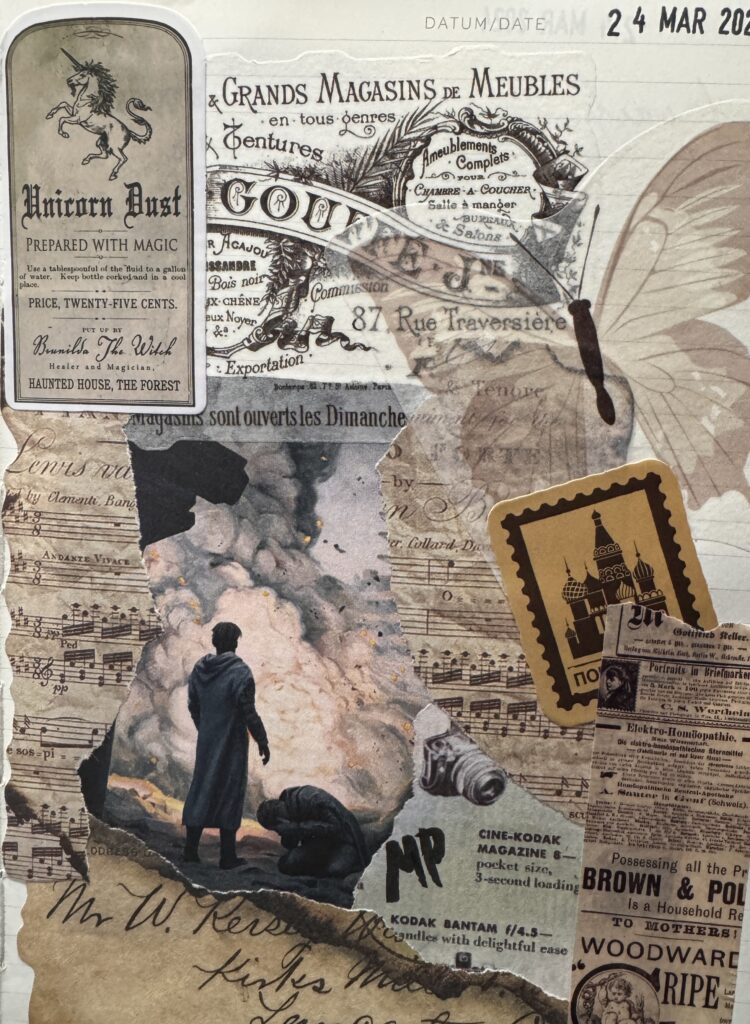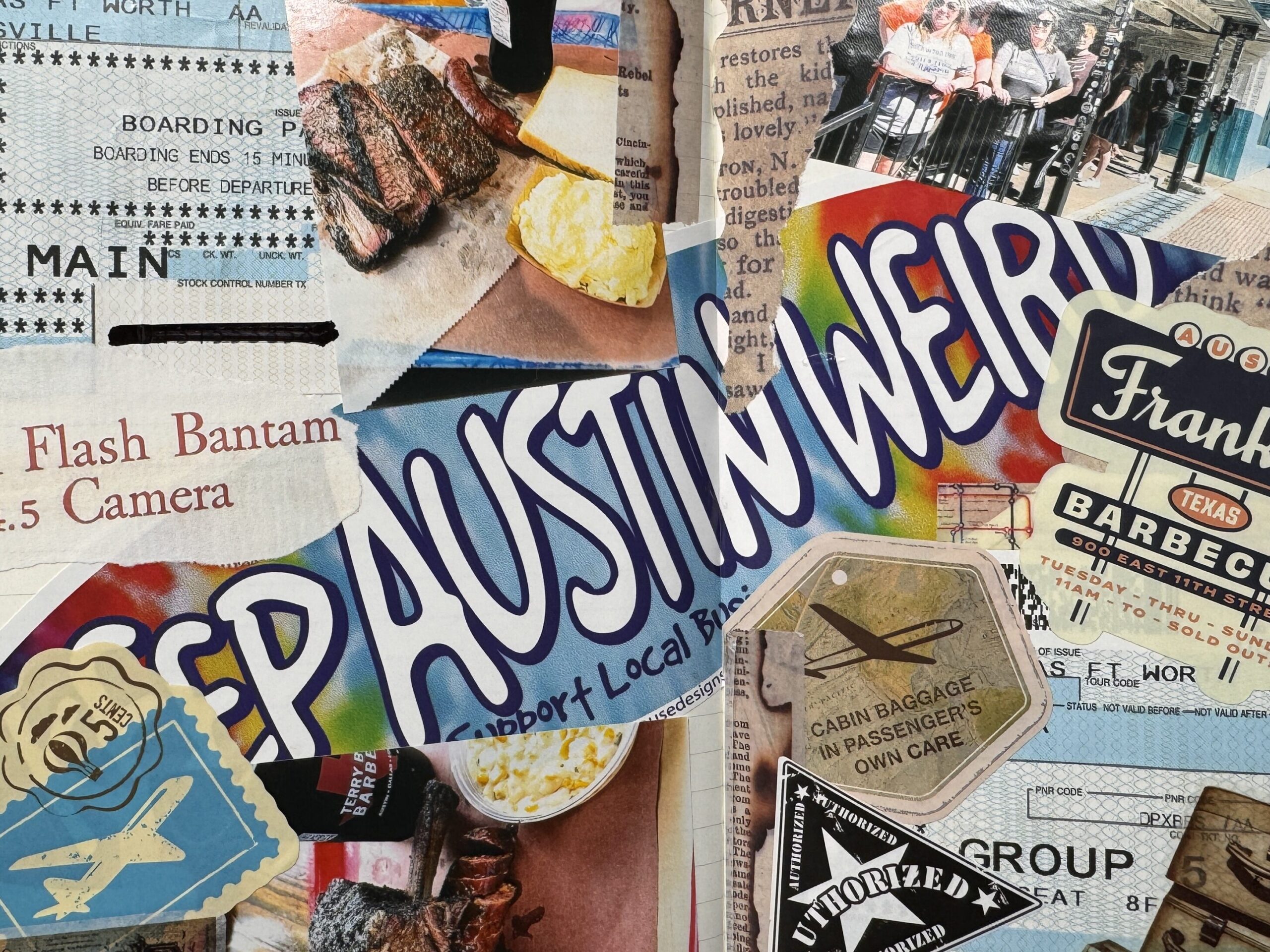
Yes, it’s Prime Day once again. I do my best to avoid giving them too much money on these two days each year, but some things are too hard to pass up.
I’ve done a little digging and spied some great deals on a few great books that I think you’ll enjoy.
Never Split the Difference by Chris Voss
Master the art of negotiation with former FBI hostage negotiator Chris Voss. Discover unconventional strategies to get what you want in any situation. Perfect for anyone looking to improve their bargaining skills and achieve better outcomes.
Challenge your assumptions and embrace the power of rethinking. Adam Grant’s insightful book encourages readers to open their minds, question their beliefs, and foster a culture of learning and growth. A must-read for lifelong learners and innovators.
The 48 Laws of Power by Robert Greene
Unveil the timeless strategies of history’s greatest power players. Robert Greene’s compelling guide provides readers with essential laws for gaining and maintaining power in any arena. Ideal for those seeking to navigate complex social dynamics and achieve success.
Thinking, Fast and Slow by Daniel Kahneman
Dive into the fascinating world of human decision-making with Nobel laureate Daniel Kahneman. This groundbreaking book explores the dual systems of thought that shape our choices, offering profound insights into how we think and why we make mistakes.
Greenlights by Matthew McConaughey
Join Matthew McConaughey on a wild and reflective journey through his life. This candid memoir is filled with humorous anecdotes, life lessons, and inspirational moments that reveal the actor’s philosophy on how to catch and ride life’s “greenlights.”
The Laws of Human Nature by Robert Greene
Unlock the mysteries of human behavior with Robert Greene’s comprehensive exploration of what drives us. This enlightening book provides readers with a deeper understanding of themselves and others, helping to navigate social complexities with greater wisdom.
Discipline is Destiny by Ryan Holiday
Discover the power of self-control and how it shapes our lives. Ryan Holiday’s latest book emphasizes the importance of discipline in achieving greatness, providing practical advice and historical examples to inspire readers to cultivate this vital virtue.
The Daily Stoic Box Set by Ryan Holiday and Stephen Hanselman
Embrace the wisdom of the Stoics with this beautifully packaged box set. Featuring daily meditations and reflections, it offers timeless insights and practical guidance for living a more mindful, resilient, and fulfilling life.
Leaders Eat Last by Simon Sinek
Explore the secrets of great leadership with Simon Sinek. This compelling book reveals how leaders can create environments of trust and cooperation, leading to more successful and fulfilling organizations. It is essential reading for anyone aspiring to inspire and lead others.
Be Useful: Seven Tools for Life by Arnold Schwarzenegger
Learn from one of the most iconic figures in modern history as Arnold Schwarzenegger shares his seven indispensable tools for a successful and meaningful life. Filled with personal stories, practical advice, and motivational insights, this book is a powerful guide to unlocking your full potential and achieving greatness in any endeavor. Perfect for anyone seeking inspiration and actionable steps to transform their life.
Each of these books will impact your life if you take the lessons and apply them. All are fantastic reads.
The Eclectic Educator is a free resource for everyone passionate about education and creativity. If you enjoy the content and want to support the newsletter, consider becoming a paid subscriber. Your support helps keep the insights and inspiration coming!





